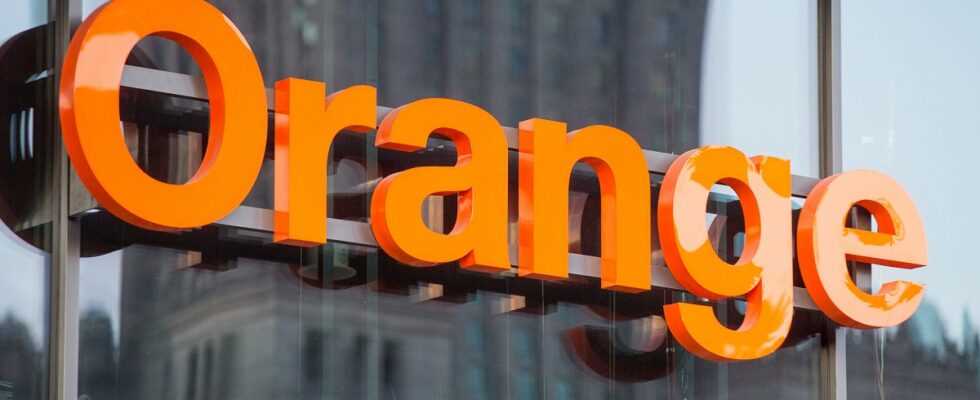Orange is the first French operator to take the plunge and set a deadline for the extinction of its 2G and 3G networks. This was confirmed by Michaël Trabbia, director of technology and innovation at Orange on Monday, during the Mobile World Congress (MWC), the high mass of global telecommunications.
The leader confirmed that its 2G network available on French territory will be shut down in 2025, while its 3G network will be closed by 2028. At European level, the incumbent operator intends to close its 2G and 3G services by 2030 The operator justified this decision by the generalization of 4G throughout the territory.
“The shutdown of 2G and 3G will allow Orange to optimize the management of its networks and to make them evolve towards more secure, resilient, energy-efficient and modern technologies such as 4G and 5G”, indicates the management of Orange, which is following in the footsteps of various global operators, including the American AT&T, which recently decided to close its own 2G and 3G services. And to affirm that “the customer experience on mobile will be improved with better voice quality via VoLTE technology, higher speed, lower latency and reinforced security, all this without a major impact on the offers for the almost all of them”.
Becoming “Net Zero Carbon by 2040”
Still, the extinction of these services will not go without causing problems for various Internet of Things (IoT) services. On this subject, Orange indicates that it wants to “work in close collaboration with IoT customers to identify, within a range of sustainable and scalable technologies, the IoT connectivity solution best suited to their needs”. “Orange will advise and support its Enterprise customers throughout their migration journey,” says the operator.
“The gradual shutdown of old technologies such as 2G and 3G is essential to position Orange among the leading network operators in Europe and to offer our customers the best possible connectivity”, argues Michaël Trabbia to justify this gradual shutdown.
According to the latter, “removing obsolete layers of technology and pooling our resources allows us to focus on building long-lasting, resilient, automated, optimized and energy-efficient networks. Our customers will benefit from more efficient and sustainable networks, all to the benefit of the user experience”. This also justifies the forthcoming extinction of Orange’s 2G and 3G services by the environmental objectives set by the operator, which intends to reduce its carbon footprint to “become Net Zero Carbon by 2040”.
2G security issues
As a reminder, the extinction of 2G is supported by various organizations, which point to the recurring security flaws on this network. The first digital cellular network standard to have emerged in the early 1990s, when Nokia still reigned over mobile telephony, 2G still has many “holes in the racket” today.
As the Electronic Frontier Foundation (EFF), a digital civil liberties group, recently noted, this can be explained by the fact that 2G was developed when standards bodies had not taken into account new threats to mobile networks. And to point out flaws in the encryption between the tower and the device, “which can be cracked in real time by an attacker to intercept calls or text messages”, but also the lack of authentication of the tower compared to the phone, “which means that anyone can easily pretend to be a real 2G tower and a phone using the 2G protocol will never know anything about it”.
While carriers in North America, South Korea, Japan and Taiwan have already disabled 2G networks, many networks in Europe will support 2G until 2025 and in some cases even after 3G has been disabled, notes for its part, the company EMnify, which specializes in the Internet of Things. Recall that Google recently added an option to disable unsecured 2G connectivity on smartphones equipped with Android 12, an option not yet available on Apple iPhones.
